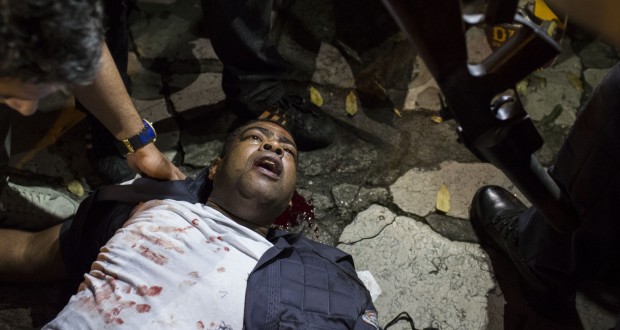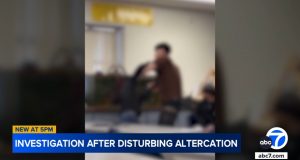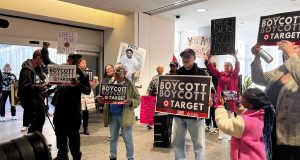Publisher’s Commentary by Wallace J. Allen
Another Black man killed by police. At the time of this writing, the dead Black man I am talking about has possibly or probably been joined by another. At first thought I felt that I should honor the dead by naming them; however, my long-term thought is that by naming them I am trivializing the overriding long-term issue that Black men are a police target in America regardless of their name rank or serial number. The only group that kills more Black men than police is, of course, Black men.
The obvious question is, why Black people get mad enough to riot in the streets when police kill a Black man, yet, though angered by Black-on-Black killing, there is not the display of anger and frustration that occurs with a police shooting.
For those who really are possessed by that question, let me give you the obvious answer. Police shootings reflect the final attitude of a society that displays its fear and distain for Black males at first social sight. From Pre-school, Black males are disproportionately identified as troublemakers and treated that way regardless of name, rank and serial number. That is documented in the number of school detentions and discipline referrals handed to Black boys. The disproportionate unemployment and incarceration rates for Black males reflect the penalty for the Black male that refuses to “play ball” in the “change the rules anytime” game that marginal Black Males are restricted to.
We Blacks know that many of our young gangsters are a result of customs and laws that push Black families apart. Laws that remove the parental power of discipline that ultimately marginalize and compromise the value of young black lives. So, we understand and are thoroughly pained by Black on Black crime, and in general attribute it to self-hate generated by America’s long-term love-affair with racism. Thus, the shootings done by the police are the “final straw” acts that activate the “time to raise hell button” in Black Communities.
I, like many of you, look forward to when we who promote good over evil are able to provide enough protection and access to resources, opportunity and guidance for our children to truly empower them to excellence despite racism.
 Westside Story Newspaper – Online The News of The Empire – Sharing the Quest for Excellence
Westside Story Newspaper – Online The News of The Empire – Sharing the Quest for Excellence




